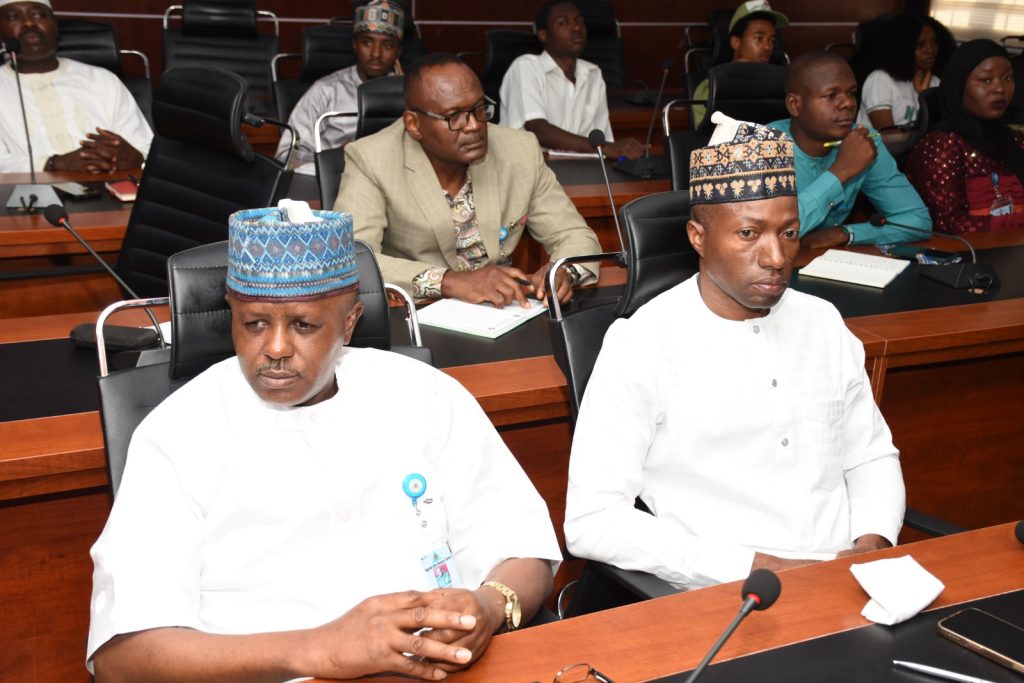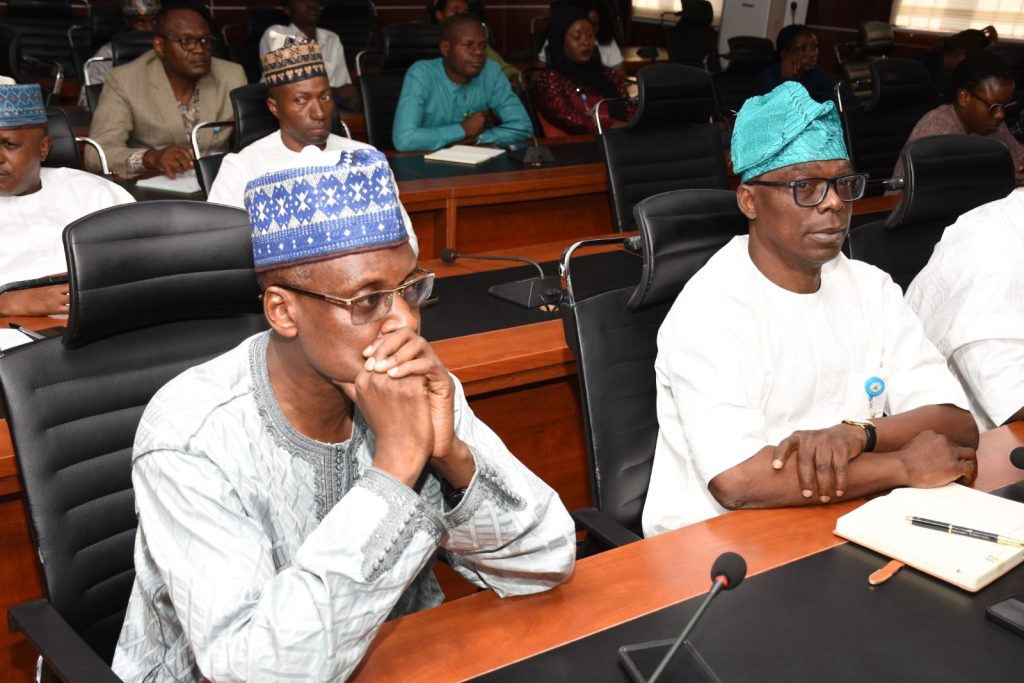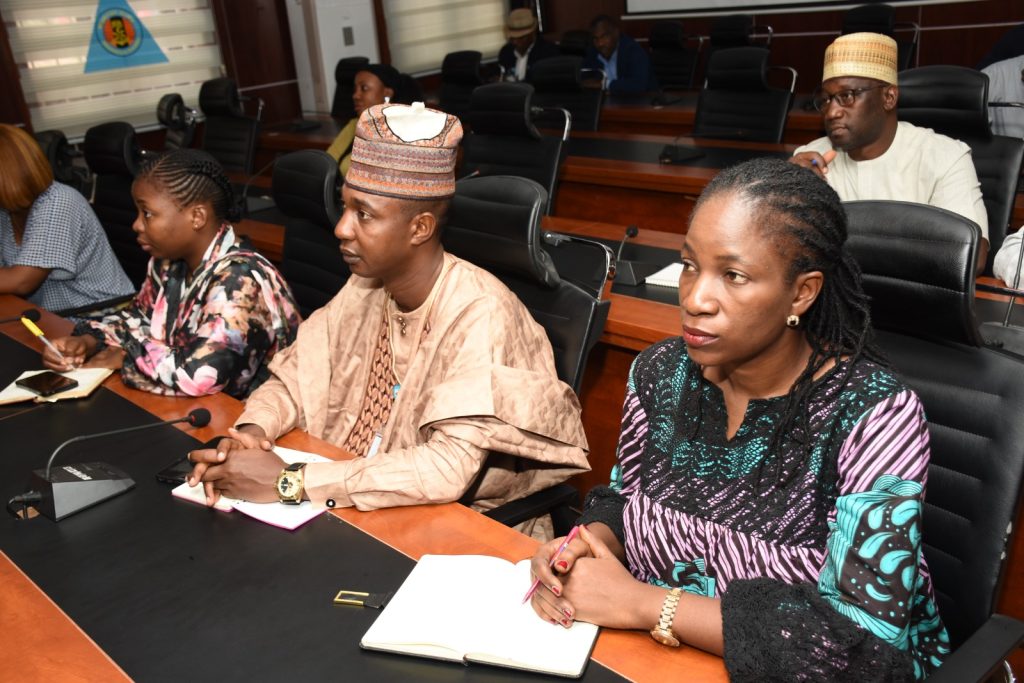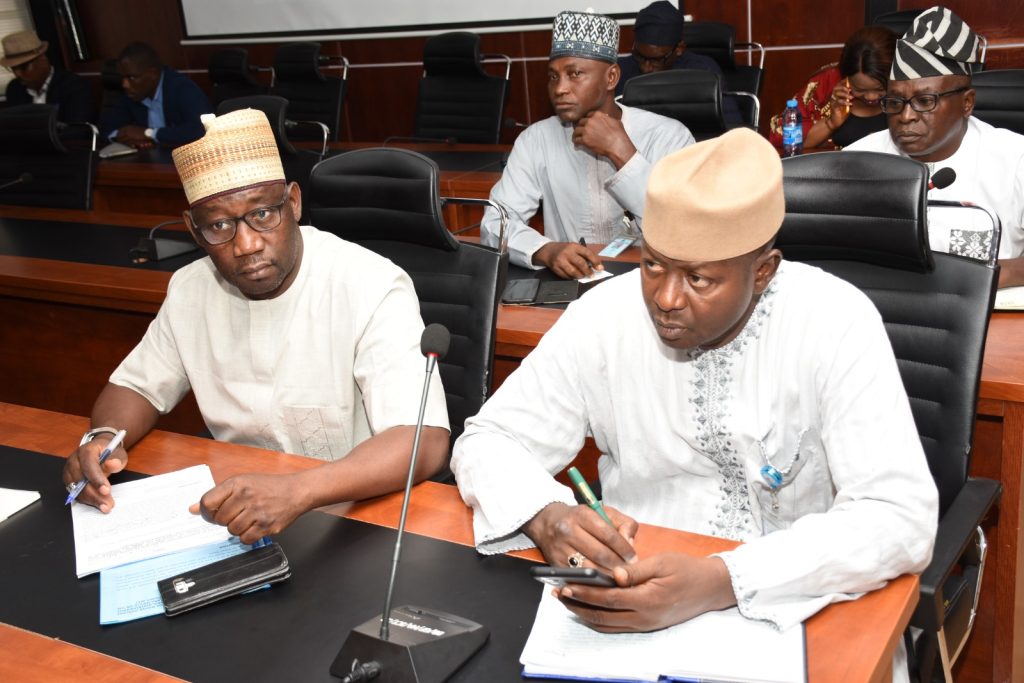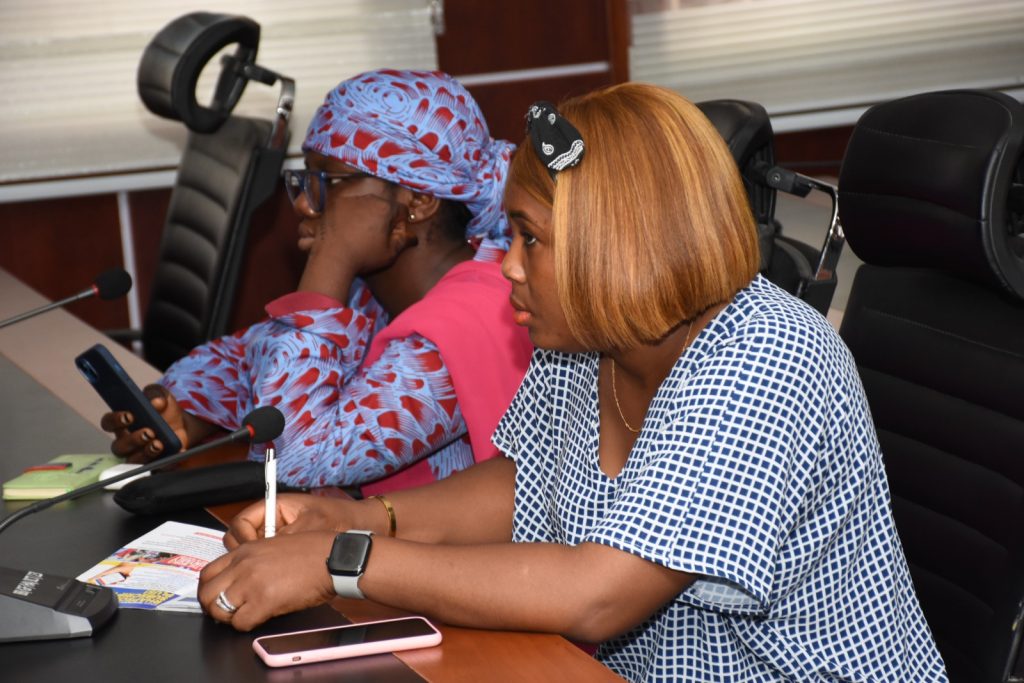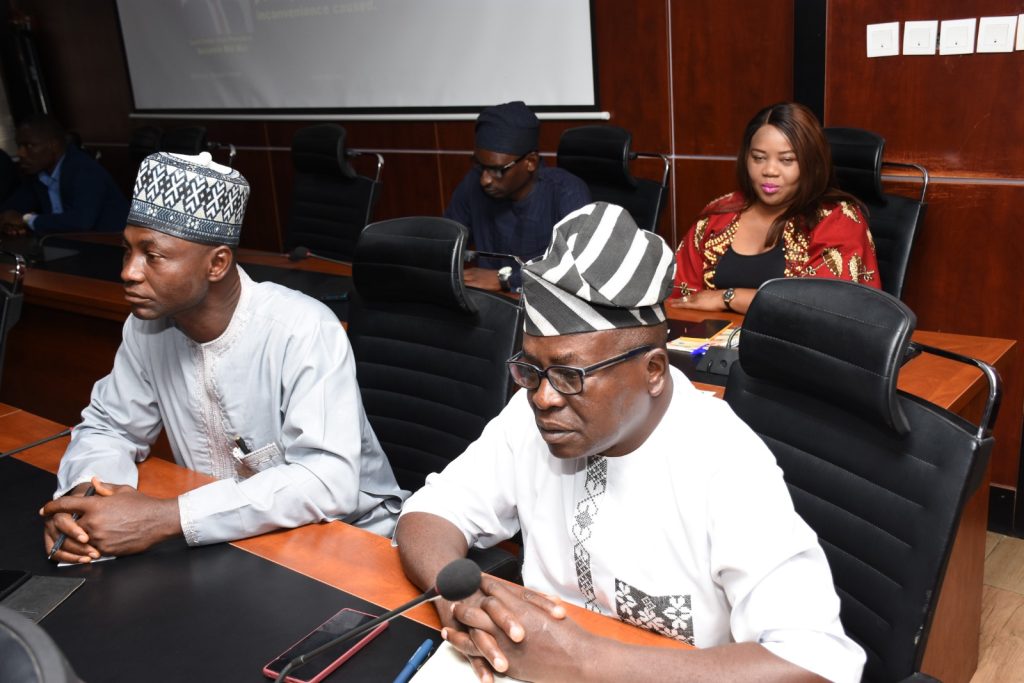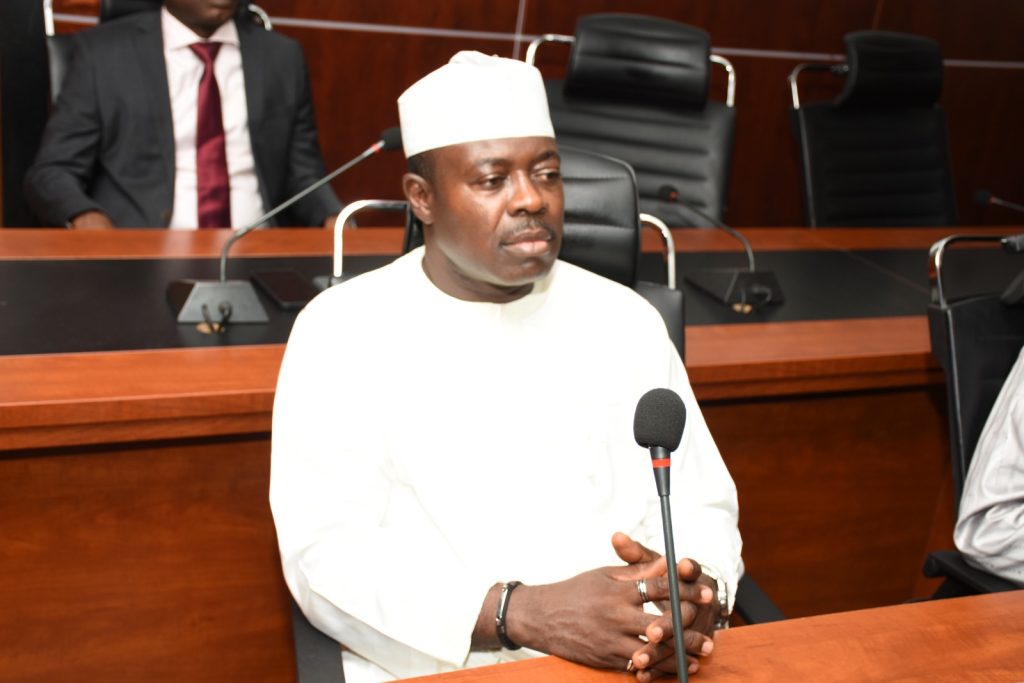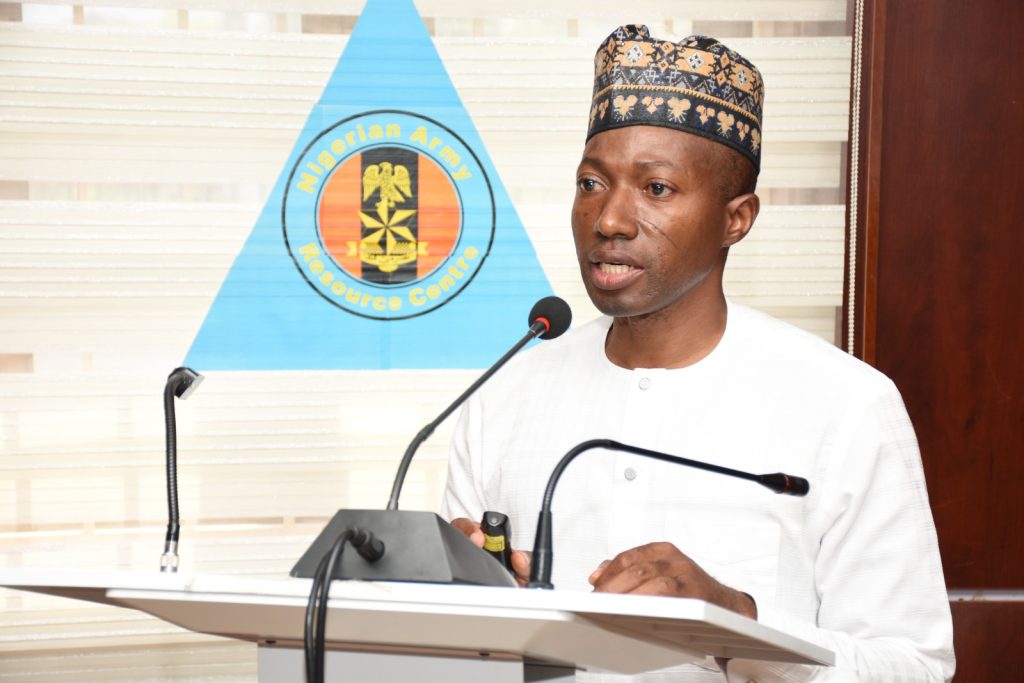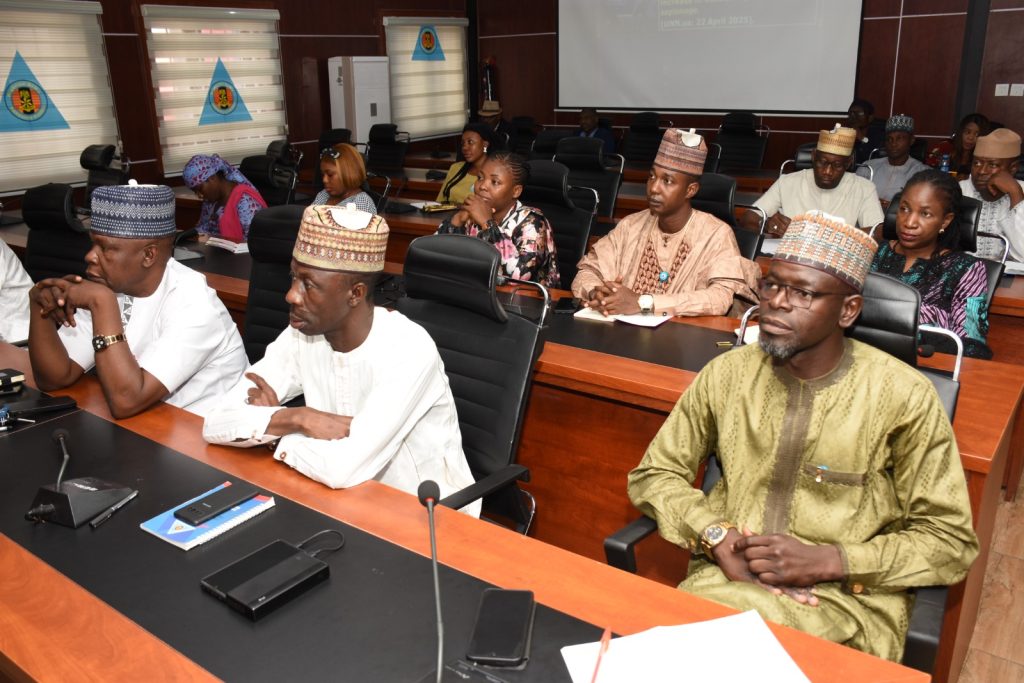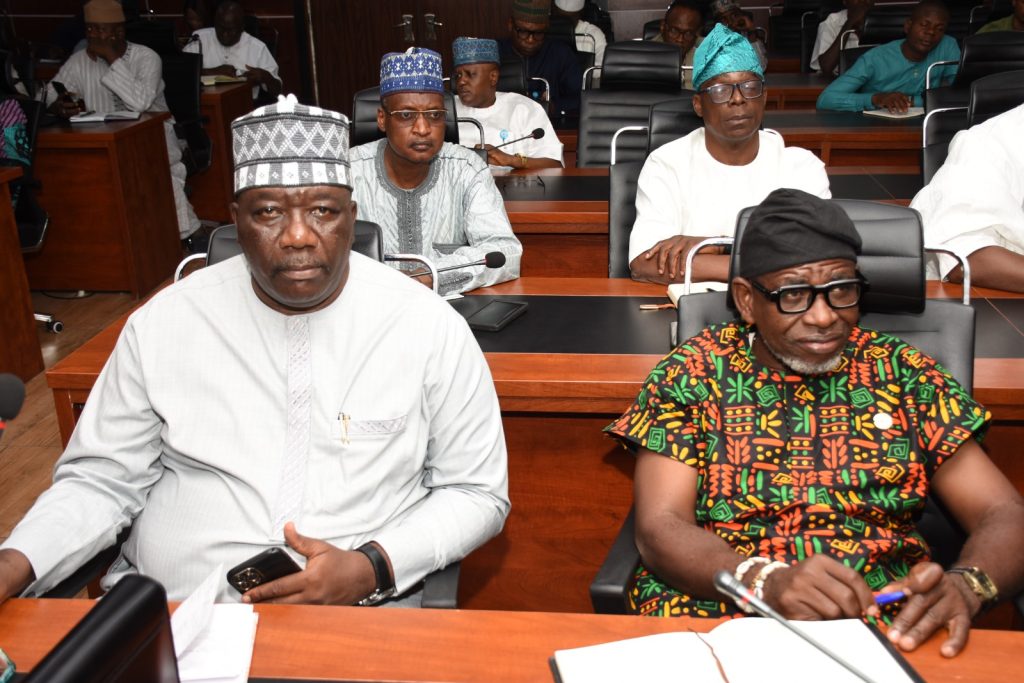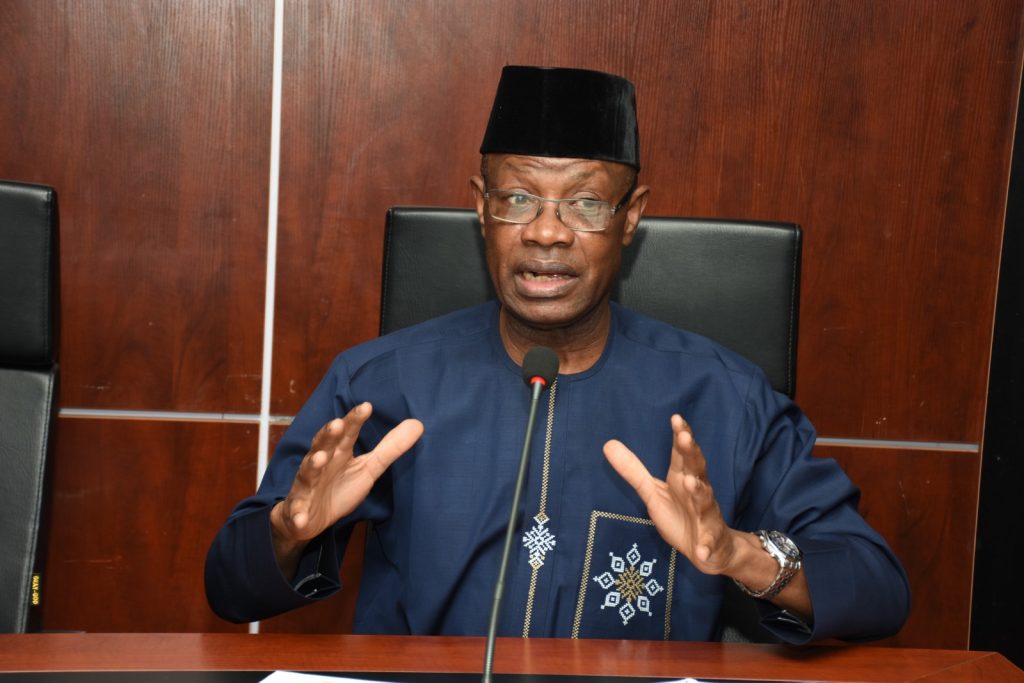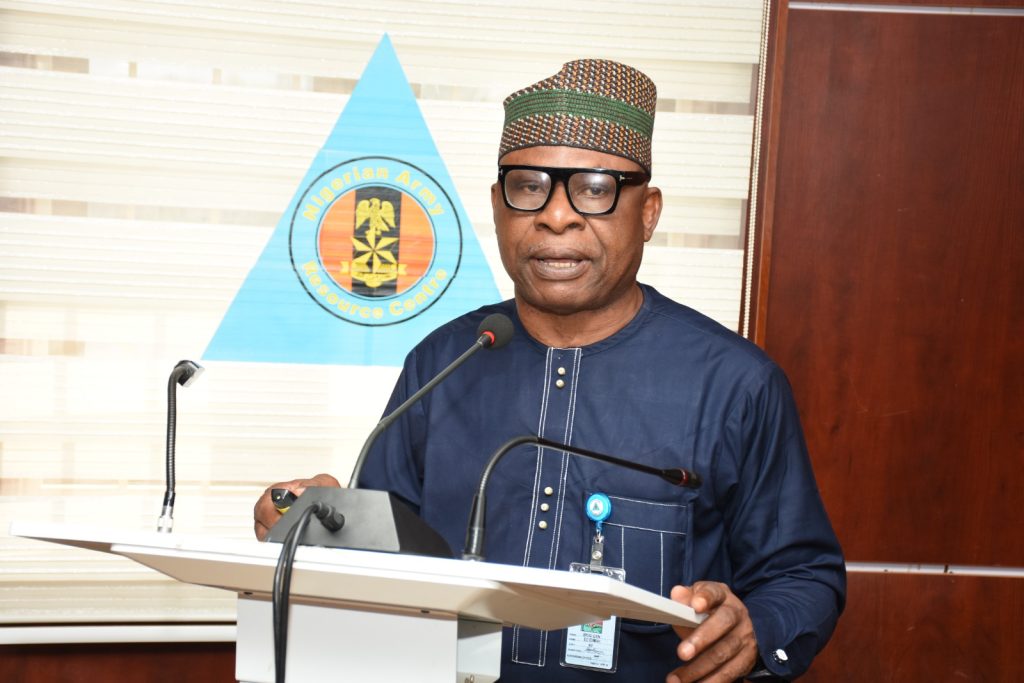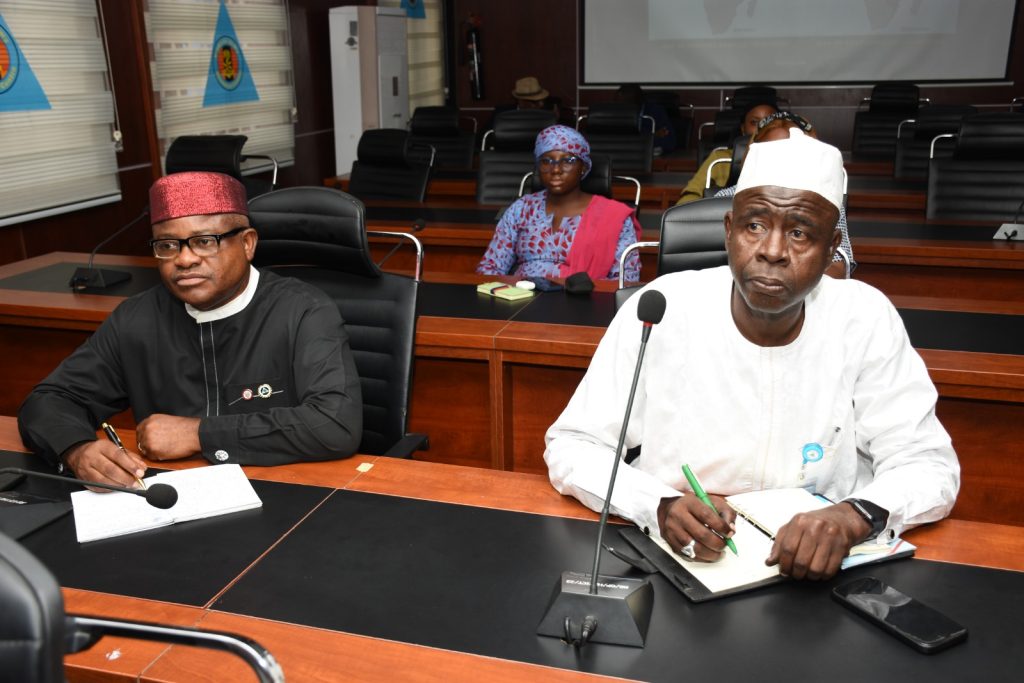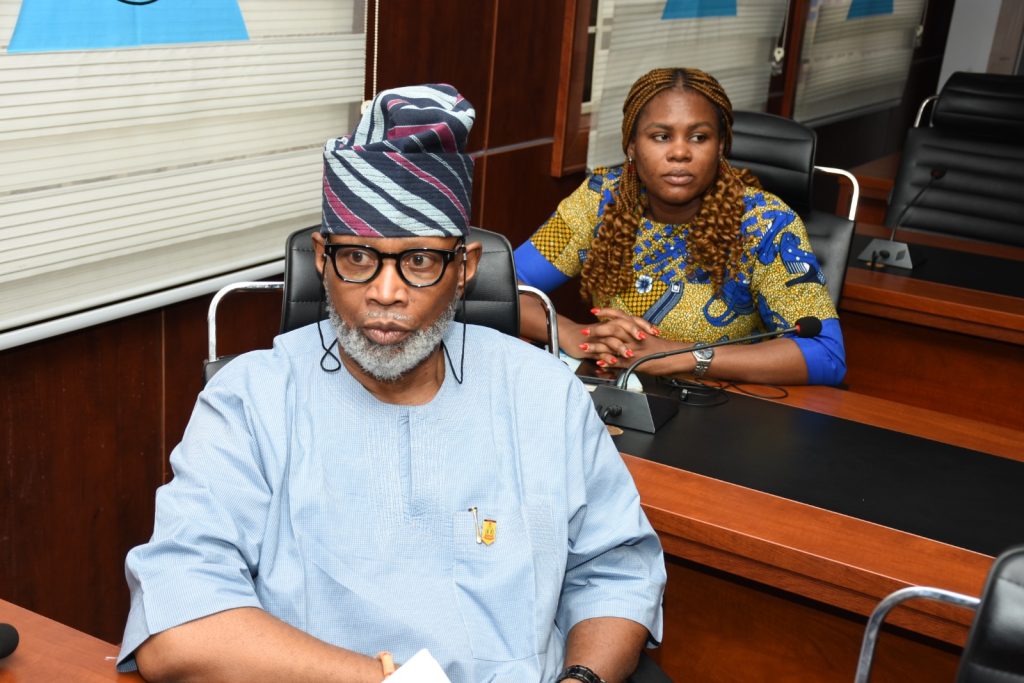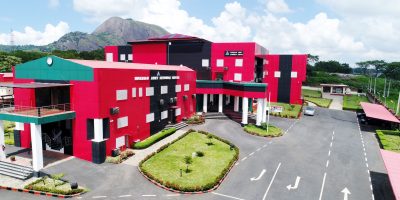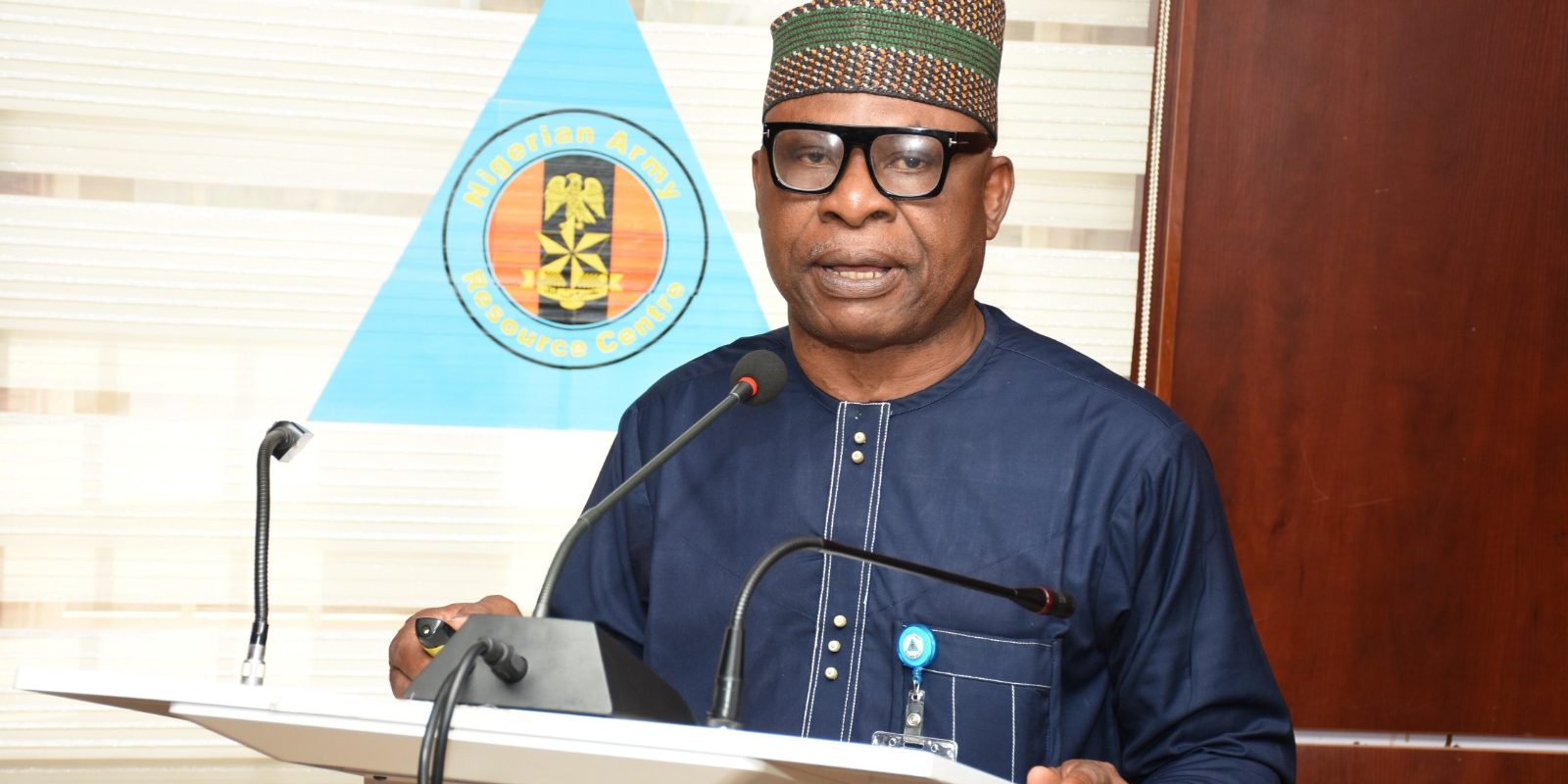Nigerian Army Resource Centre (NARC) Weekly Subject Experts’ Presentation was held at Hall A, TY Buratai Block, Abuja. There were two presentations made by the Subject Experts on East/Central Africa and Western Europe.
The first presentation was made by Brig Gen ED Idimah subject experts on East and Central Africa. His presentation Centered on how, Government Apologizes to US for Deportation Fiasco, to send Delegation to Washington, On 20 April, 2025, Radio Tamazuji, a Juba City based radio station reported that the Government of South Sudan has apologized to the United States for a diplomatic incident involving the deportation of Congolese national Makula Kintu. The row began when the U.S. Secretary of State, Marco Rubio, announced visa revocations for South Sudanese passport holders after South Sudan refused to accept Kintu, who had presented a South Sudanese travel document. It was later clarified that Kintu was a Congolese national and he was eventually allowed entry into South Sudan on April 9.In a press release, South Sudan’s Vice President Benjamin Bol Mel expressed respect for U.S. leadership in immigration policy and apologized for any inconvenience caused. He emphasized South Sudan’s commitment to cooperative engagement with the U.S. across various sectors, including trade and security.
In his analysis and lessons for Nigeria, Brig Gen ED Idimah stressed out that, Nigeria can learn several important lessons from the diplomatic row between South Sudan and the US over South Sudan’s refusal to accept a Congolese national who attempted to enter the country with a South Sudanese travel document under a false name.
Firstly, Nigeria should ensure that its documentation and identification processes are robust to prevent cases of false identity and potential diplomatic conflicts. Furthermore, Nigeria should prioritize maintaining strong diplomatic relations with other countries, particularly those with significant economic or strategic partnerships. Additionally, Nigeria should be prepared to cooperate with other countries on migration issues, including accepting citizens who are subject to deportation orders.
He recommended that, the Nigerian Immigration Service and other relevant agencies should enhance border security and immigration control by deploying surveillance technologies such as facial recognition and document scanners at all ports of entry.
The second presentation was made by Brig Gen YI Tukura subject experts on Western Europe. His presentation discussed on how, Swiss Government 2025 Nutrition Strategy: More Plants, Less Food Waste. On 18 April 2025, Green Queen Media reported that the Swiss government has unveiled its 2025 Nutrition Strategy, which strongly emphasizes consuming more plant-based foods and reducing food waste nationwide. This initiative, developed by the Federal Food Safety and Veterinary Office (FSVO) in collaboration with the Swiss Society for Nutrition (SSN) is designed to promote public health while addressing the environmental impact of food production and consumption. Central to the new strategy is a shift toward a more plant-rich diet. The updated Swiss Food Pyramid now encourages citizens to consume at least five portions of fruits and vegetables daily, with a clear preference for seasonal and locally sourced produce. In addition, the strategy recommends that meat consumption be limited to just two to three portions per week. Instead, it highlights the nutritional and ecological benefits of plant-based protein alternatives, such as lentils, legumes, and nuts. Another major focus of the strategy is reducing food waste. Switzerland has committed to halving unnecessary food waste by 2030. This nutrition policy is seen as a key tool in achieving that goal.
In his analysis and lessons for Nigeria, Brig Gen YI Tukura noted that, Nigeria faces a challenging nutritional landscape marked by widespread malnutrition, micronutrient deficiencies and food insecurity. According to the National Bureau of Statistics and United Nations Children’s Fund (UNICEF 2023), an estimated 44% of children under the age of 5 in Nigeria suffer from stunting, 22% are underweight and 6.2% experience wasting.
These statistics represent not just health concerns but developmental setbacks with long-term implications. Regional disparities further compound the situation. In Northern Nigeria for instance, malnutrition rates are higher due to the security crisis and limited access to healthcare. According to Akinyemi and Adedini (2020), “children in the North are disproportionately affected by malnutrition due to socioeconomic inequalities and persistent insecurity.” The significance of a well-planned nutritional strategy to Nigeria’s national growth cannot be overempasized. Good nutrition reduces disease prevalence thereby decreasing the financial burden on families and the national healthcare system. The 2023 Global Nutrition Report shows that while progress has been made in some areas, significant challenges remain in achieving the global nutrition targets. The report highlights increasing acute food insecurity with over 258 million people facing crisis-level or worse food insecurity.
He recommended that, the FGN should prioritize nutrition by increasing budget allocations and actively seeking private sector investment to strengthen national nutrition programs.



